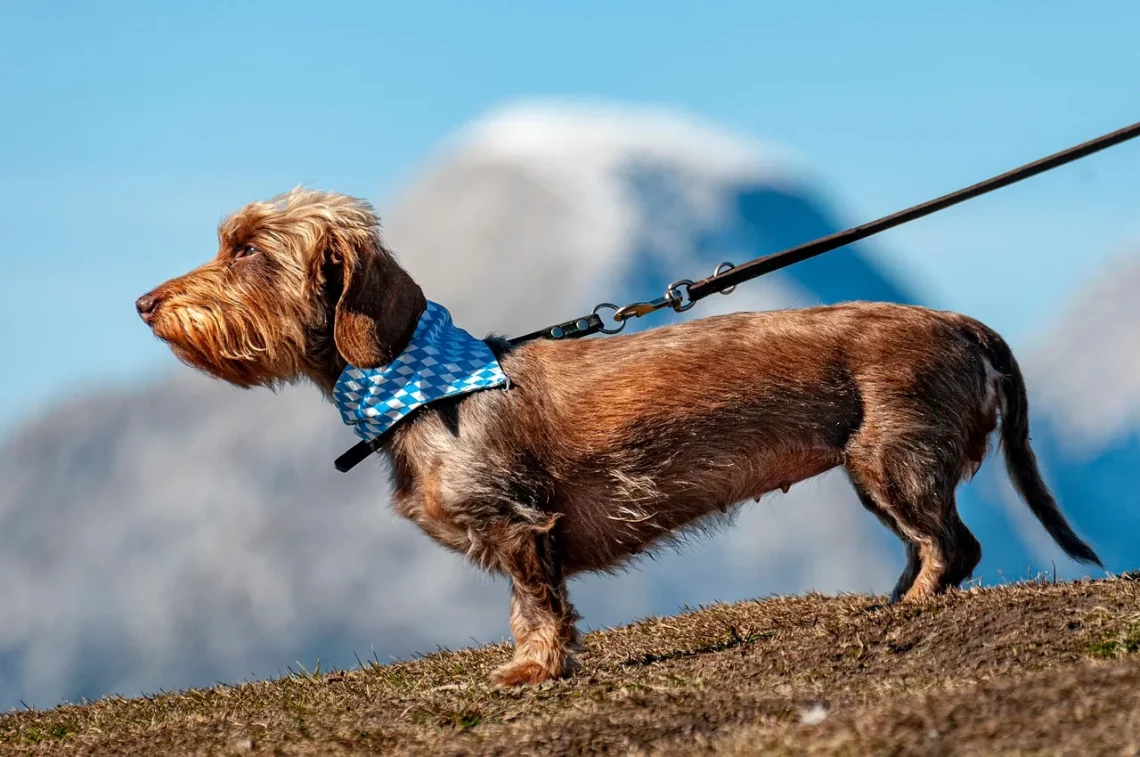
Understanding the Havanese Adult Dog: Care, Traits, and Temperament
The Havanese dog, known for its lively spirit and charming demeanor, has captured the hearts of dog lovers around the world. Originating from Cuba, this breed is not just a companion; it embodies a rich history and a unique presence that makes it distinct from other small breeds. With a playful nature and affectionate personality, the Havanese thrives in family settings and is especially good with children. Their adaptability allows them to flourish in various living environments, from apartments to larger homes.
This breed is characterized by a silky coat, expressive eyes, and a tail that curls over the back, all of which contribute to their endearing appearance. However, it’s not just their looks that make them appealing; it’s also their temperament and behavior that resonate with many dog owners. Understanding the Havanese adult dog involves delving into their care requirements, personality traits, and the nuances of their behavior.
As a breed, Havanese dogs are known for their intelligence and eagerness to please, making training a relatively straightforward process. However, they do require consistent attention and socialization to develop into well-rounded companions. With the right approach, a Havanese can become not only a loyal pet but also a joyful member of the family.
Care Requirements for Havanese Dogs
Caring for a Havanese dog involves several essential components, each contributing to the overall health and happiness of your furry friend. One of the primary aspects of their care is grooming. The Havanese has a long, flowing coat that requires regular maintenance to prevent matting and tangles. It is advisable to brush their coat at least two to three times a week, or even daily, especially if they are active and spend time outdoors.
Regular baths are also crucial. Using a gentle dog shampoo can help keep their coat clean and soft. It’s important to ensure that you dry them thoroughly after a bath, as moisture can lead to skin issues. In addition to coat care, routine dental hygiene is essential. Brushing their teeth a few times a week can prevent dental diseases, which are common in small dog breeds.
Another significant aspect of Havanese care is their dietary needs. Providing a balanced diet tailored to their size, age, and activity level is vital for their well-being. High-quality dog food, whether dry kibble or wet food, should be the mainstay of their diet. Treats can be given for training and bonding but should be limited to avoid obesity, which is a concern for this breed.
Physical activity is also a crucial component. Despite their small size, Havanese dogs are energetic and require daily exercise. Regular walks, playtime, and mental stimulation through games or training can help keep them fit and happy. Socialization is equally important; exposing them to various environments, people, and other dogs can enhance their adaptability and reduce anxiety.
Finally, regular veterinary check-ups are indispensable. Keeping up with vaccinations, flea and tick prevention, and other health screenings can help ensure that your Havanese remains healthy throughout its life.
Understanding Havanese Temperament
The temperament of the Havanese is one of its most appealing traits. Known for being friendly and affectionate, Havanese dogs tend to get along well with children and other pets. Their playful nature can bring joy to any household, and they often seek companionship from their human family members. This breed thrives on social interaction and can develop strong bonds with their owners.
Havanese dogs are also intelligent and eager to please, which makes them relatively easy to train. They respond well to positive reinforcement methods, such as treats and praise. However, consistency is key; these dogs can also display a bit of stubbornness if they feel their needs are not being met. Early training and socialization are vital to help them grow into well-adjusted adults.
Despite their friendly disposition, Havanese dogs can be somewhat reserved around strangers. This natural wariness can make them good watchdogs, as they will alert you to unfamiliar noises or visitors. However, it’s essential to ensure that they are properly socialized to prevent any potential fearfulness or shyness.
Another characteristic to note is their sensitivity. Havanese dogs can be quite attuned to the emotions of their owners. They often respond to changes in mood and can provide comfort when needed. This empathic nature makes them excellent therapy dogs, as they can sense when someone is feeling down and often try to provide companionship.
Overall, the temperament of a Havanese is a blend of playfulness, intelligence, and affection, making them a perfect choice for families, singles, and seniors alike. Their adaptability to various living situations, combined with their loving nature, sets them apart as a beloved breed.
Training Your Havanese: Tips and Techniques
Training a Havanese can be a rewarding experience, thanks to their intelligence and eagerness to learn. The key to successful training lies in understanding their personality and employing positive reinforcement techniques. Start with basic obedience commands such as sit, stay, and come. These foundational commands will help establish a communication framework between you and your dog.
Consistency is crucial during training sessions. Using the same commands and cues each time helps reinforce learning. Short, engaging sessions work best for Havanese dogs, as they can lose focus if training sessions are too long. Aim for 5 to 10-minute sessions, several times a day, to keep them engaged and excited about learning.
Socialization is also an essential part of training. Exposing your Havanese to various environments, people, and other animals will help them develop into well-rounded adults. Consider enrolling them in puppy classes or playgroups to encourage positive interactions. This exposure will not only boost their confidence but also help them learn appropriate social behaviors.
In addition to basic obedience, Havanese dogs excel in agility and trick training. Their agility and playful spirit make them ideal candidates for agility courses or fun tricks that can impress family and friends. Incorporating play into training can make the process enjoyable for both you and your dog.
Finally, be patient. Every dog learns at their own pace, and it’s important to celebrate small victories. If your Havanese struggles with a command, take a step back and try a different approach. Building a strong bond through positive interactions will ultimately lead to a more obedient and happy companion.
In conclusion, understanding the Havanese adult dog requires a holistic approach to their care, temperament, and training needs. With the right attention and love, a Havanese can be a delightful addition to any home.
**Disclaimer:** This article is not intended as medical advice. For any health-related concerns regarding your pet, please consult a veterinarian.




